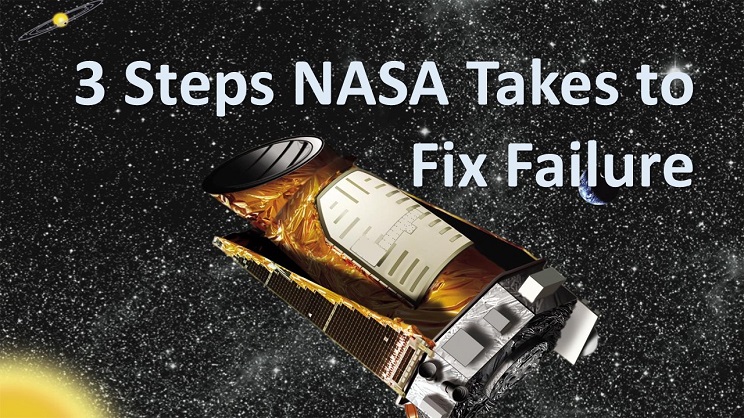
Part of my life’s work is helping people face quandaries. As a clergyman people often ask me about relationships, personal ethics, and God. As a business coach people ask about relationships, business ethics, and money.
Life is filled with ethical choices that appear mundane and often lack clear answers. How we respond to daily challenges helps build the person we are and the communities we desire. And, sometimes, we just don’t know how to proceed.
I faced a quandary doing the mundane task of fueling my car. When I approached the pump it read, “Begin Fueling.” This seemed odd so I hit the cancel button. The pump still read, “Begin Fueling.” Trying to reset the pump, I slipped my card into the pay slot. “Begin Fueling.” So, I began fueling. The pump disbursed $10 worth of fuel into my tank and shut off.
Now what?
The screen asked me if I wanted a receipt. I took a receipt and looked at it. The fuel was paid for via credit card (not mine). I looked around for someone watching from another car, or the cops, or to see the clerk run out from the store with an explanation. Nothing—all appeared normal.
Here were my thoughts.
- Who paid for this and why?
- Perhaps this is a “pay it forward” thing.
- If I go inside to pay for the fuel, it will be paid for twice.
- Great! I just got $10 of free gas.
- I hope the cops don’t think I stole this gas.
Now my quandary; what was I to do?
What would you do in this situation? Drop me an email and let me know what you would do.
___________
Tim Rhodes is a former Ringling Bros. and Barnum & Bailey Circus Clown, an ordained clergyman and former CEO of a $100 million multinational organization. He is an award-winning speaker, writer and coach. To contact Tim, email Tim@ClownClergyCEO.com
Please consider supporting the impactful work of the Pacifistic Pugilistic Benevolent Society, where Tim is an emeritus member.



